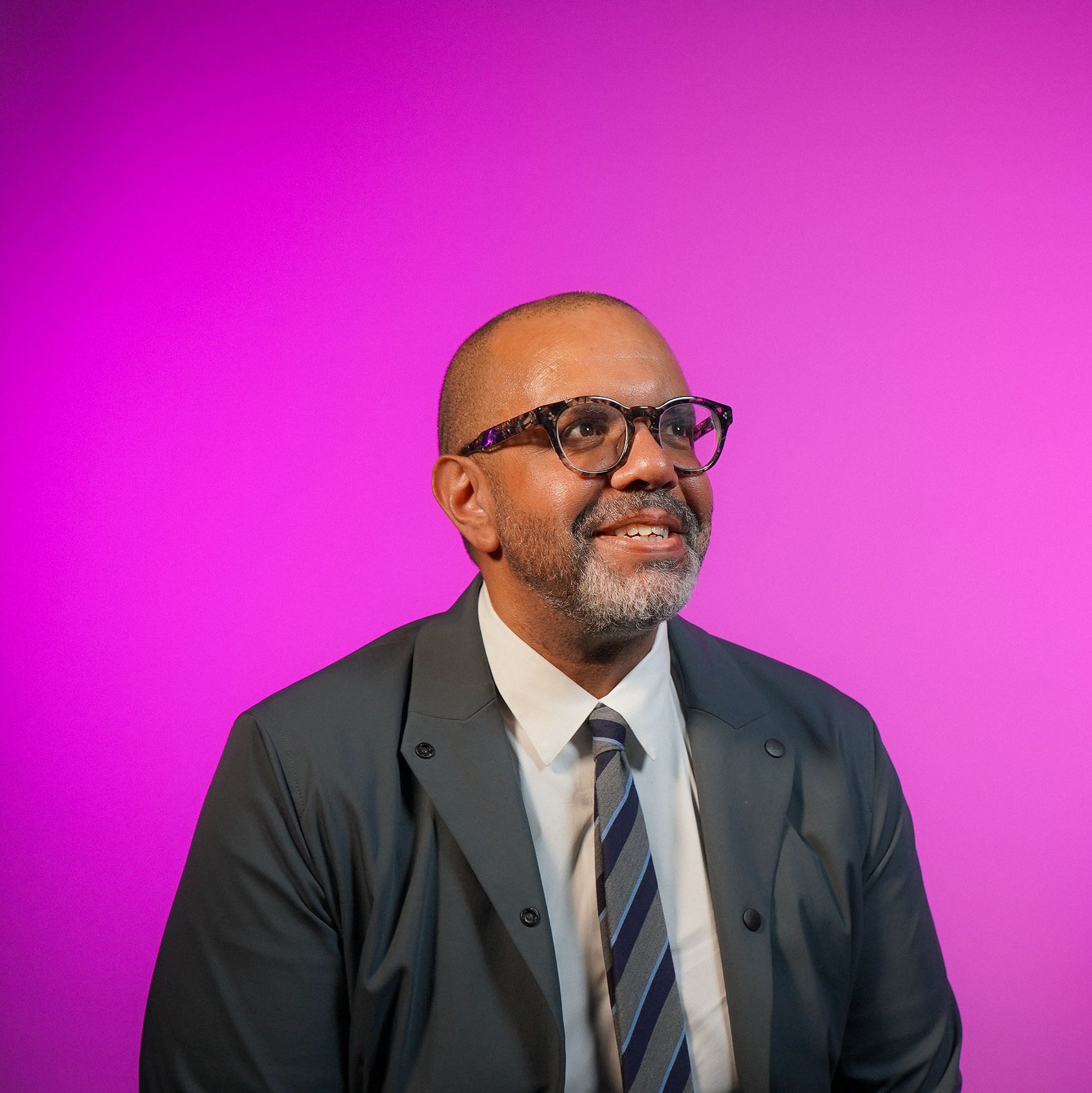Advancing Tenure
August 19, 2022
|
By Dorian Martin ’06
While businesses increasingly focus on efforts related to diversity, equity and inclusion, many United States business schools struggle with hiring and retaining a diverse faculty. Data shows that about 155 faculty members from historically underrepresented groups hold untenured positions as assistant or associate professors throughout U.S. business schools. Many of these faculty members struggle and fail to earn a tenured associate professorship when they try to advance professionally. Even fewer reach the pinnacle rank of professor.
Mays Business School is committed to changing that equation through its leadership as a founding partner in The Tenure Project. “At Mays, we believe strongly that all stakeholders, students, faculty, and staff, benefit by engaging each other within a diverse and inclusive environment,” said R. Duane Ireland, Ph.D., former Interim Dean of Mays Business School. “Those involved with The Tenure Project support the efforts of underrepresented faculty members, Black, Indigenous, and Latinx, to earn a promotion to an associate professor position with tenure. At Mays, we know that diverse faculty members contribute very positively to our mission of creating a vibrant learning organization and developing students as transformational leaders.”
The Wilcox Effect

Mays’ involvement in The Tenure Project is championed by Keith Wilcox, Ph.D., who joined the school in Fall 2021 as the Macy’s Foundation Professor. “It’s important for business schools to look like and have representation in the same way as corporations, MBA programs, and the student body,” Wilcox said. “These groups often have a much higher representation of minorities than business schools have in their tenured faculty positions. That is something that needs to change.”
The New York native learned about the nascent Tenure Project from two former PhD Project alumni, one of whom he mentored while he was at Columbia University, and she was at Stanford University as a doctoral student. The PhD Project, a KPMG-sponsored initiative, is designed to encourage promising minority scholars to earn doctorates in business. Since its founding almost 30 years ago, The PhD Project’s efforts have helped increase diversity, from 294 historically underrepresented business professors in 1994 to over 1,400 today.
Wilcox’s protégées are now using the initiative they benefited from as a template for The Tenure Project. “Once they told me about it, I thought it was such a great idea because getting tenure is often a bigger issue, in a lot of cases,” Wilcox said. “Having more minority representation at the senior faculty ranks is important because it helps other minorities get tenure and attracts more students to earn their Ph.D.’s.”
Tenure Focus
The Tenure Project’s initial focus is on building community to connect junior faculty of color with each other as well as to senior faculty. Additionally, the project plans to extend the sense of community to external constituents who can help accelerate participants’ research. Ultimately, this project will allow different and more diverse voices to emerge in both research and teaching.
The initiative’s inaugural event, a conference which took place in August 2022, has drawn significant interest through offering career-related programming designed to maximize participants’ potential. Mays, as a Tenure Project Gold Sponsor, plans to reap the benefits from these types of events. “One of the benefits of being a Gold Sponsor is that we get to host the 2024 conference at Mays,” said Wilcox, who serves on The Tenure Project’s steering committee. “We will be able to interact with these Fellows and this could help us with recruitment of underrepresented minority faculty.”
Culture Matters
Wilcox’s own recent job change has made him a strong and vocal advocate for working at Mays and Texas A&M. “Most academics look for resources for doing research, a low teaching load and salary, but I was really looking for a department with a good culture,” he said. “I typically find that you have to make trade-offs because departments with good cultures don’t offer resources to do research while the ones that give you the resources for research don’t have good cultures. Texas A&M is an academic unicorn in the sense that they give you everything, and that’s unusual. You don’t have to make those tradeoffs.”
Leveraging this faculty-friendly reputation, Mays plans to use its involvement in The Tenure Project to invite promising young minority faculty to consider pursuing their academic careers in Aggieland. Increasing the diversity of the faculty will pay dividends in attracting and educating today and tomorrow’s students. “When I started my Ph.D. program, it was a very different student than I’m teaching now,” Wilcox said. “The ones I’m teaching now wear their values on their shoulder and they almost force you to step up your game. The younger generation is more focused on doing what’s right.”
How does this New Yorker view Mays? An ‘Academic Unicorn.’


